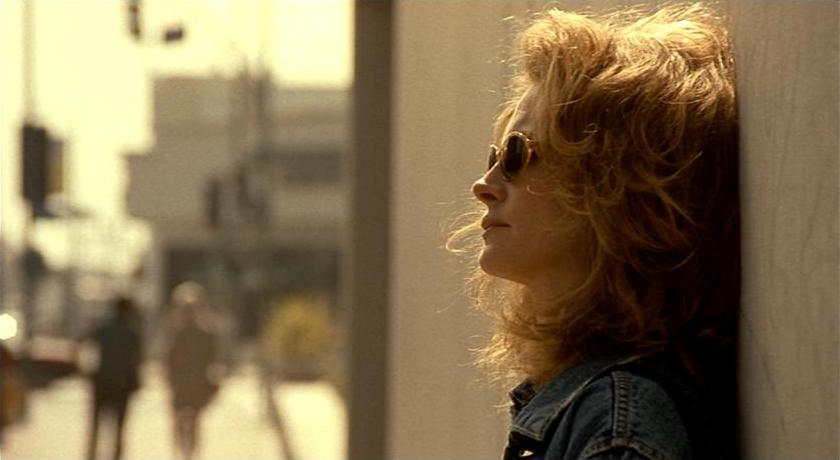| Academy Award Nominations and Winners: |
| Best Picture |
| Best Director: Steven Soderbergh |
| ★ | Best Actress: Julia Roberts |
| Best Supporting Actor: Albert Finney |
| Best Original Screenplay: Susannah Grant |
|
| Golden Globe Nominations and Winners: |
| Best Picture (Drama) |
| Best Director: Steven Soderbergh |
| ★ | Best Actress (Drama): Julia Roberts |
| Best Supporting Actor: Albert Finney |
|
| Other Awards: |
| Screen Actors Guild Awards: Best Actress (Roberts); Best Supporting Actor (Finney) |
| New York Film Critics Circle: Best Director (Soderbergh; also cited for Traffic) |
| Los Angeles Film Critics Association: Best Director (Soderbergh; also cited for Traffic); Best Actress (Roberts) |
| National Society of Film Critics: Best Director (Soderbergh; also cited for Traffic) |
| National Board of Review: Best Director (Soderbergh; also cited for Traffic); Best Actress (Roberts) |
| British Academy Awards (BAFTAs): Best Actress (Roberts) |

